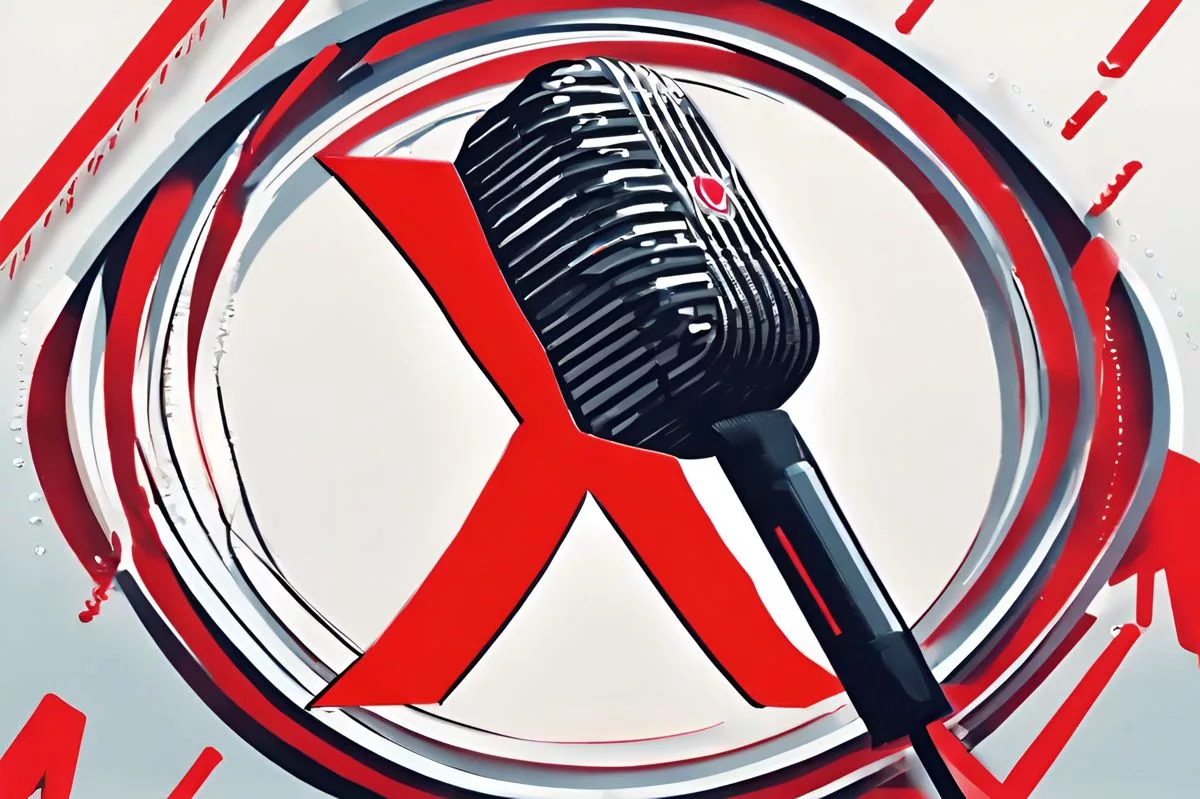Moroka Swallows, a South African football club, has terminated 22 players due to their absence during two crucial games, resulting in a hefty fine and loss of league points. The club initiated a virtual disciplinary hearing and announced that termination was the only suitable penalty, regardless of the player’s previous conduct. This event raises questions about player behavior, club administration, and league authorities’ accountability and serves as a reminder to other clubs to prioritize discipline and dedication.
Unprecedented Shakeup: South African Football Club Moroka Swallows Terminates 22 Players. The dismissal of 22 players from Moroka Swallows was due to their absence during two crucial games, resulting in a hefty fine and loss of league points. The club initiated a virtual disciplinary hearing and announced that termination was the only suitable penalty, regardless of the player’s previous conduct. The event raises questions about player behavior, club administration, and league authorities’ accountability and serves as a sobering reminder to other clubs.
On an unremarkable Friday, the nineteenth of January, South Africa’s DStv Premiership team, Moroka Swallows, made a move that left the football world reeling. In an unforeseen act, the club let go of 22 members from their roster, triggering a seismic shift within the team and igniting debate throughout the league.
Historical Context of the Dismissal
This drastic decision finds its origin in the harsh ground of dissatisfaction. In December of 2023, the club, endearingly referred to as Maswaiswai, did not meet their league obligations against Mamelodi Sundowns and Golden Arrows. The cause? A player strike due to alleged backlogged salaries.
This led to the Swallows facing the league’s Disciplinary Committee’s wrath. The club was hit with a hefty fine equivalent to R400,000 – a substantial dent in the club’s finances. Besides, this debacle cost them six crucial league points, and the deferred amount of R600,000 was accompanied by certain conditions.
Under David Mogashoa’s leadership, the Swallows took the situation seriously. The club initiated a virtual disciplinary hearing against the 22 players who were absent for the two crucial games. The outcome was unambiguous – the players’ actions had tainted the club’s reputation and caused it embarrassment in the football fraternity.
The Aftermath of the Hearing
The club released a statement after the hearing, asserting that the players’ misconduct had tarnished their image in the football fraternity. “The employment relationship is untenable, and termination is the only suitable penalty,” the statement announced. The gravity of the situation was such that even first-time offenders were not exempted and were handed immediate dismissal notices.
As the news spread rapidly, conjectures quickly emerged. Fans were eager to find out if former Orlando Pirates and Mamelodi Sundowns star Andile Jali was among those dismissed. Jali, known for his on-field and off-field shenanigans, has often been tagged as a “troublemaker”, a problematic player with a notorious reputation. Other so-called ‘troublemakers’ included Gabadinho Mhango and Dumisani Zuma, who, surprisingly, were not among the dismissed.
Implications and the Path Forward
The termination of 22 players from Moroka Swallows is a significant occurrence, one that underscores the issues plaguing football clubs. It initiates a conversation on player behavior, club administration, and the overarching accountability of the league authorities. Amid the aftermath, one fact remains evident – the measures taken by the club are intended to safeguard the integrity of the sports institution. Their message resounds loudly, the lack of respect for contractual obligations and sportsmanship will not be condoned.
As the controversy begins to die down, fans and players will be closely monitoring, waiting to observe how the club will reorganize and carve out a new trajectory. Only time will unveil the entire influence and repercussions of this dramatic event on Moroka Swallows and the South African football fraternity more broadly. This incident may also serve as a sobering reminder to other clubs – no player is more influential than the club, and discipline and dedication are indispensable in the realm of professional football.
1. Why did Moroka Swallows terminate 22 players?
Moroka Swallows terminated 22 players due to their absence during two crucial games, resulting in a hefty fine and loss of league points. The club initiated a virtual disciplinary hearing and announced that termination was the only suitable penalty, regardless of the player’s previous conduct.
2. What led to the disciplinary hearing against the 22 players who were terminated?
In December of 2023, the club did not meet their league obligations against Mamelodi Sundowns and Golden Arrows due to a player strike caused by alleged backlogged salaries. As a result, the Swallows faced the league’s Disciplinary Committee’s wrath, resulting in a hefty fine and loss of crucial league points.
3. Were all the terminated players first-time offenders?
No, even first-time offenders were not exempted and were handed immediate dismissal notices.
4. Was Andile Jali among those dismissed?
It is not clear if Andile Jali was among those dismissed. Conjectures quickly emerged, and fans were eager to find out.
5. What implications does this event have for football clubs?
This event initiates a conversation on player behavior, club administration, and the overarching accountability of the league authorities. It serves as a reminder to other clubs to prioritize discipline and dedication.
6. What is the path forward for Moroka Swallows?
As the controversy begins to die down, fans and players will be closely monitoring, waiting to observe how the club will reorganize and carve out a new trajectory. Only time will unveil the entire influence and repercussions of this dramatic event on Moroka Swallows and the South African football fraternity more broadly.












